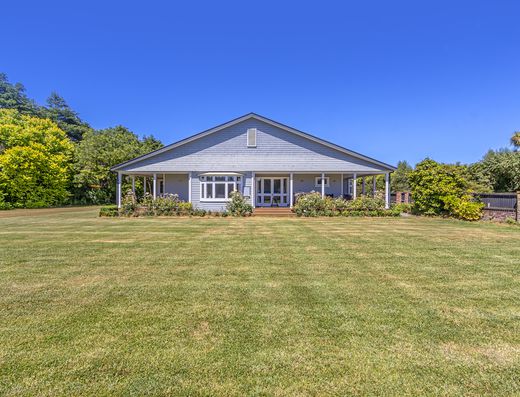How to Find the Right Property for Investment
Finding the right property for investment is one of the most important decisions you’ll make as a landlord or property investor. The right property can provide a steady stream of income, long-term capital growth, and a solid return on investment. However, making the wrong choice can result in costly mistakes and headaches. Here are some tips to help you find the right property for your investment goals.
Define Your Investment Goals
- Before you start searching for properties, it's crucial to define your investment goals. Are you looking for long-term capital gain, steady rental income, or perhaps a mix of both?
- Knowing your goals will help narrow down your options. For example, if you’re looking for short-term cash flow, you might focus on rental properties in high-demand areas. If you’re interested in capital gain, you may want to consider up-and-coming neighbourhoods with growth potential.
Location is Key
- The location of the property is one of the most critical factors in determining its investment potential. Look for areas with strong rental demand, low vacancy rates, and good access to amenities such as schools, public transportation, and shopping centres.
- Research local market trends, crime rates, and economic growth to assess whether the neighbourhood is likely to appreciate over time. High-demand areas with good infrastructure tend to offer more stability and better returns on investment.
Understand Market Conditions
- Research the local real estate market to understand current conditions. Are property values rising or falling? Is there a lot of new construction in the area? Understanding the market cycle will help you determine if it’s the right time to invest in that location.
- Pay attention to factors like employment growth, population trends, and future development projects, as these can have a significant impact on property values and rental demand.
Evaluate the Property’s Condition
- Once you’ve found a property you’re interested in, evaluate its condition carefully. Look for any potential repair or maintenance issues that could affect your investment.
- A property that requires significant repairs may seem like a good deal upfront, but the cost of fixing it could quickly eat into your profits. Get a professional inspection to assess the true condition of the property and avoid unexpected surprises.
Consider Property Type
- Different types of properties can offer different investment benefits. Single-family homes tend to be easier to manage and may attract long-term tenants. Boarding house properties, on the other hand, can provide higher rental income but come with additional management responsibilities.
- Decide which type of property aligns best with your goals, resources, and investment strategy.
Calculate the Numbers
- Do the maths to ensure that the property will provide a solid return on investment. Calculate the potential rental income, operating expenses, and financing costs.
- Use the cap rate (the ratio of net income to property value) or the cash-on-cash return to assess whether the property is financially viable. Make sure the numbers align with your investment objectives and that you’re not overpaying for the property.
Consider Future Growth Potential
- Look at the long-term prospects of the property and its location. Is the neighbourhood improving with new developments and amenities? Will the property appreciate in value over time?
- Properties in areas with future growth potential can provide excellent long-term returns, even if they don’t generate immediate cash flow.
In conclusion, finding the right property for investment requires careful research, clear goals, and an understanding of the market. By focusing on location, property condition, financial viability, and long-term growth potential, you can make informed decisions that set you up for success in the rental market.

